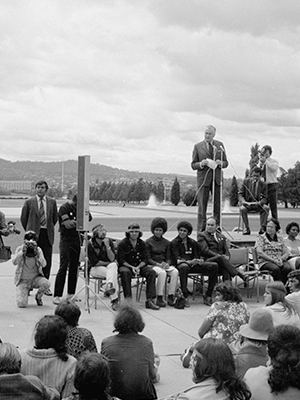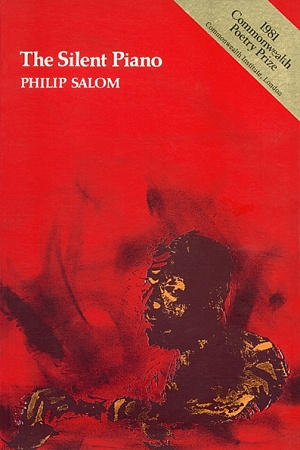New Zealand Love Poems: An Oxford anthology
OUP, $49.95 hb, 296 pp
New Zealand Love Poems: An Oxford anthology edited by Lauris Edmond
For those who haven’t yet discovered the riches of New Zealand poetry, this anthology should provide an appetite-whetting introduction. Edited by one of New Zealand’s finest poets, the late Lauris Edmond (1924–2000), it bears the stamp of a thoughtful mind and a judiciously discriminating sensibility, evident in her own work as in her selection from that of others. For she has neither lost her nerve and opted out of inclusion nor claimed any undue space. Yet her own work is central to the nature of the volume. When I came to write this review, after reading steadily from page one to page 257 and closing the covers, I knew that there were certain phrases, images and poems that had struck root, were memorable for me, and were shaping my responsiveness to the volume. Interestingly enough, I didn’t always remember which poet was responsible – for the structure of this anthology (of which more later) is such that it is an anthology of poems first, and poets second.
One memorable phrase I knew to be Edmond’s – ‘I only know that we have come / to quarrelling’ – a phrase from ‘Late Starling’ that epitomises, in the simplest of language, the intertwining of bewilderment and clarity informing those poems about love’s erosion that appear in the section called ‘Time slipped through our fingers’. There was, however, a related poem remembered for the way it refreshed its conventional opening trope of lovers lying ‘in the long grass on the hill’. There are several instances of alfresco lovemaking in the anthology, but these lovers are companionable readers whose enjoyment of spring’s ‘fragile sun’ is shadow-disrupted when ‘the mountain /suddenly reached up and took it. / So early –’. An ordinary enough occurrence: what the lovers cannot know is that
Continue reading for only $10 per month. Subscribe and gain full access to Australian Book Review. Already a subscriber? Sign in. If you need assistance, feel free to contact us.










Leave a comment
If you are an ABR subscriber, you will need to sign in to post a comment.
If you have forgotten your sign in details, or if you receive an error message when trying to submit your comment, please email your comment (and the name of the article to which it relates) to ABR Comments. We will review your comment and, subject to approval, we will post it under your name.
Please note that all comments must be approved by ABR and comply with our Terms & Conditions.